




An overview of the syllabus and teaching and learning resources








Kate Brown

First assessment:

• IGCSE Accounting 0452 – March 2027
• IGCSE (9-1) Accounting 0985 – June 2027
• O Level Accounting 7707 – June 2027
Headline changes:
• Modernised subject content, including new content on ethical considerations and technology and sustainability
• Updated the accounting ratios
• Paper 1 - increased number of questions/marks to 40 and duration to 1 hour 30 minutes
Aims:
• Reworded for clarity and to inspire further study in Accounting
How it fits into the Cambridge Pathway:
• Accounting ratios, and terminology align more closely with AS & A Level Accounting


Subject content Accounting ratios Aims
An introductory explanation for each topic has been added to the content.
The accounting ratios have been amended to:
Subject content has been modernised including new topics:
7.2 Ethical considerations
7.3 Technology and sustainability
• Reflect the updated IAS standards
• Support teaching of the syllabus
• Align more closely with Cambridge International AS & A Level Accounting
The aims have been updated to better reflect the amended content.

Paper 1 Multiple-choice
For Paper 1:
• The number of marks/questions increases from 35 to 40
• The exam duration increases from 1 hour 15 minutes to 1 hour 30 minutes. Same style of questions and similar demand to past papers.
Paper 2 Structured Written Paper
The AOs have been updated to:
There are NO changes to Paper 2.
• Be clearer and more concise
• Align with Cambridge International AS & A Level Accounting
• Align more closely with Cambridge IGCSE Business and Cambridge IGCSE Economics.


The AOs are testing the same skills and knowledge as previously, so what is assessed remains the same.

Scheme of work (SOW) March 2025
Specimen Paper Answers (SPAs) May 2025
Learner Guide End of July 2025
Skills exercises End of July 2025
Example candidate responses (ECRs) 2027 (after first examination)
• All support will be available on the School Support Hub (SSH)


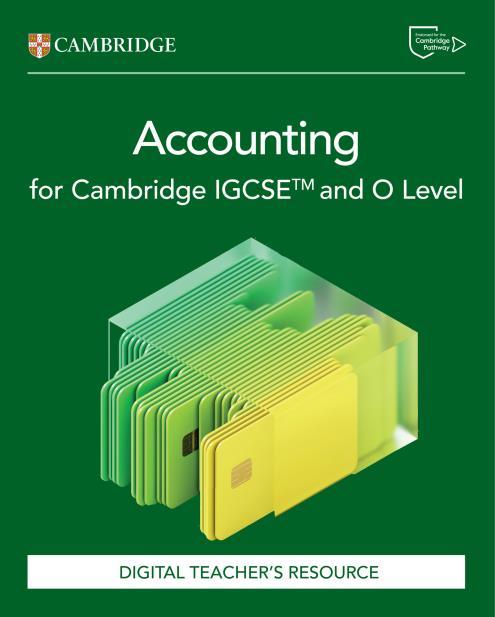

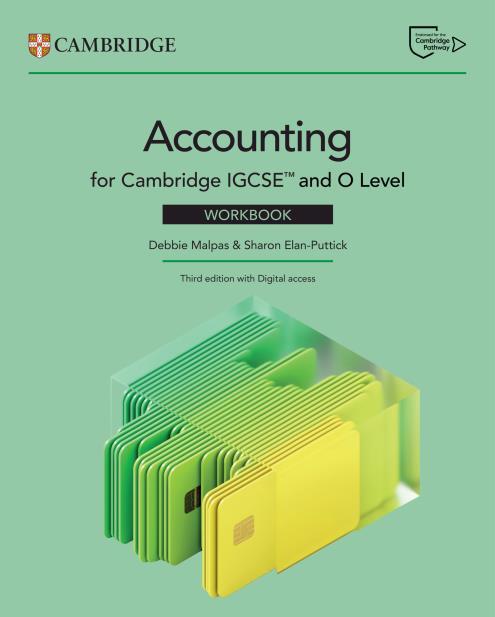




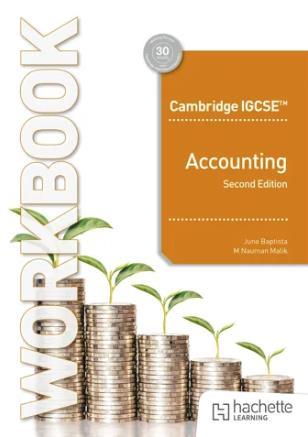
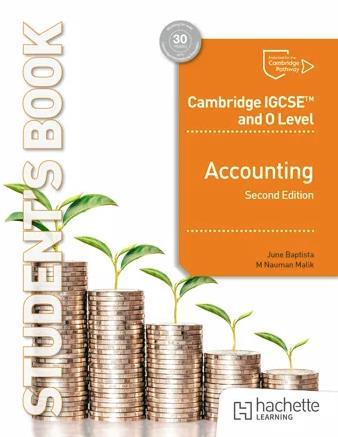
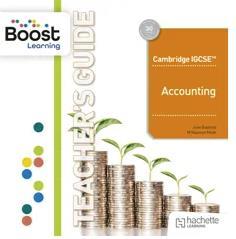

Cambridge University Press & Assessment


Julia Fusi



resources

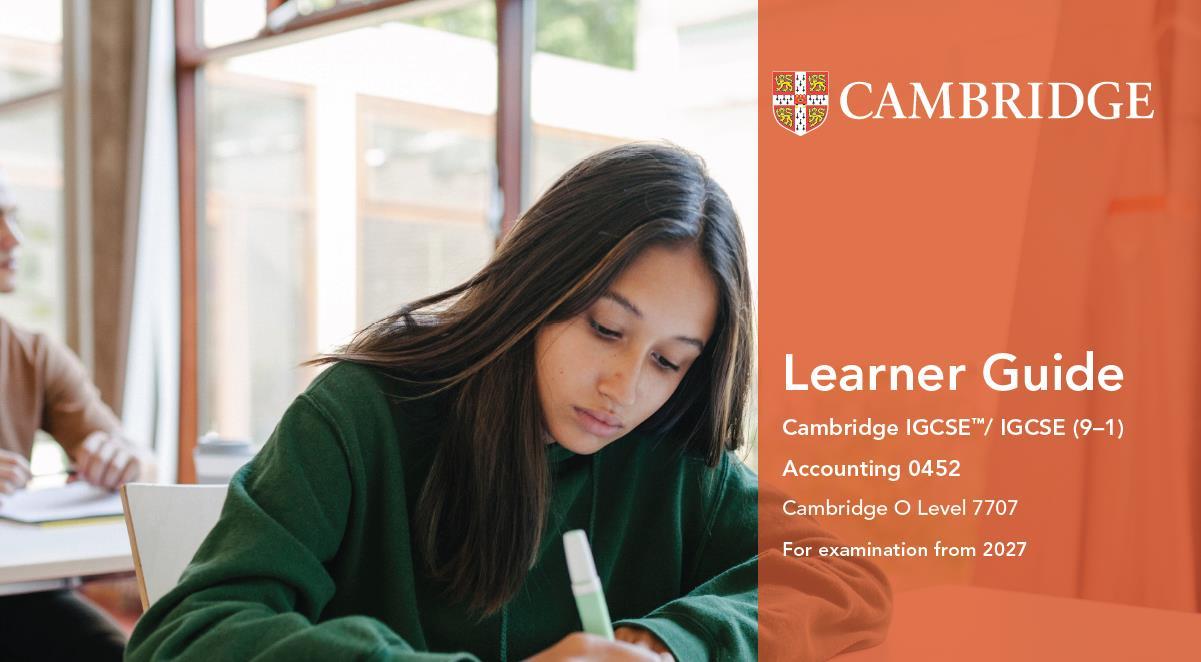
Scheme
Lesson planning
Skills Exercises
Learner guides
Teaching tools
Specimen Paper Answers
Example Candidate Responses


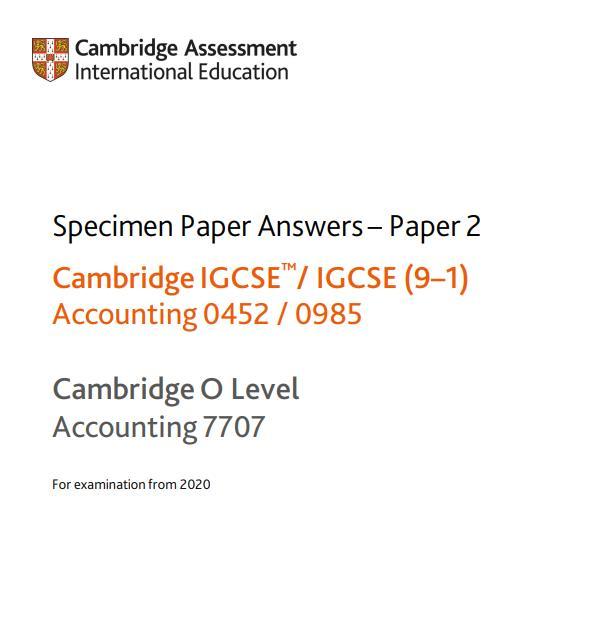
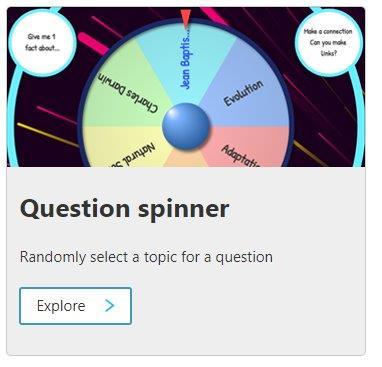



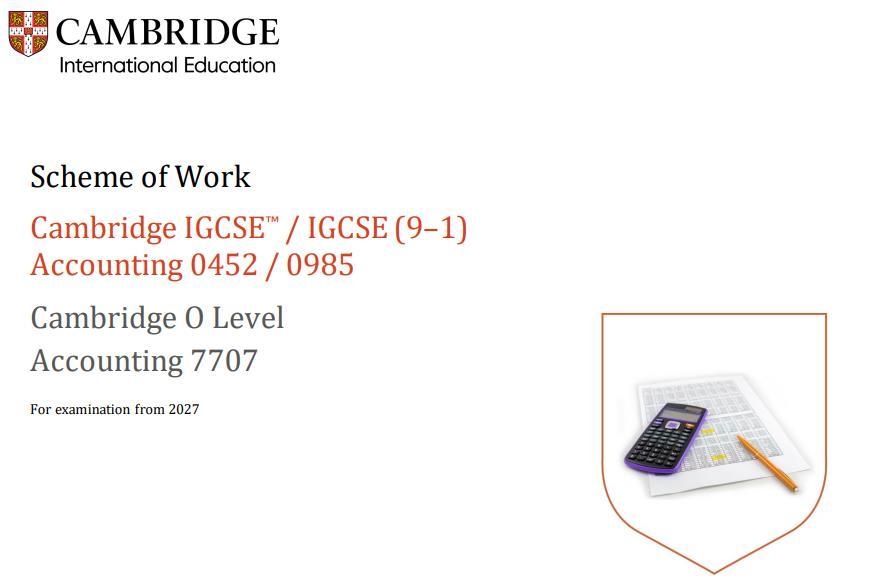

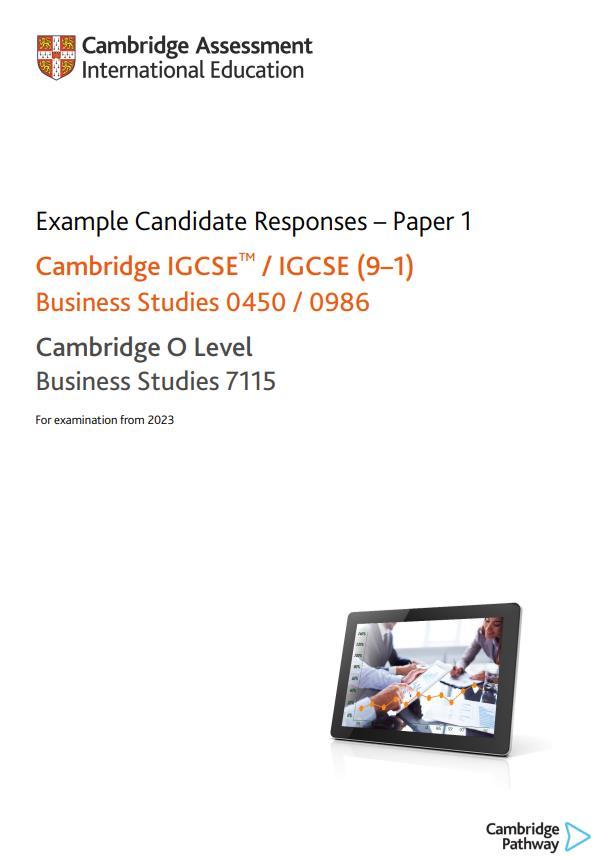


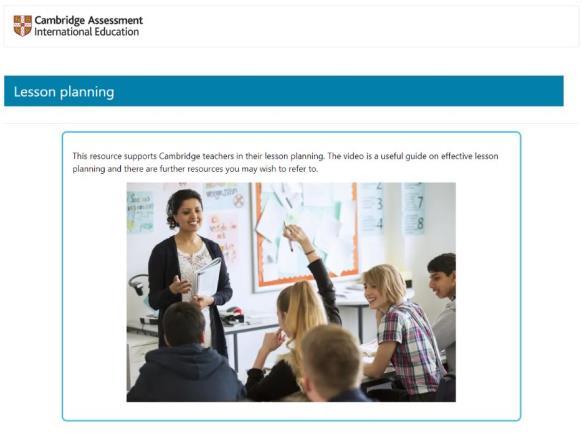



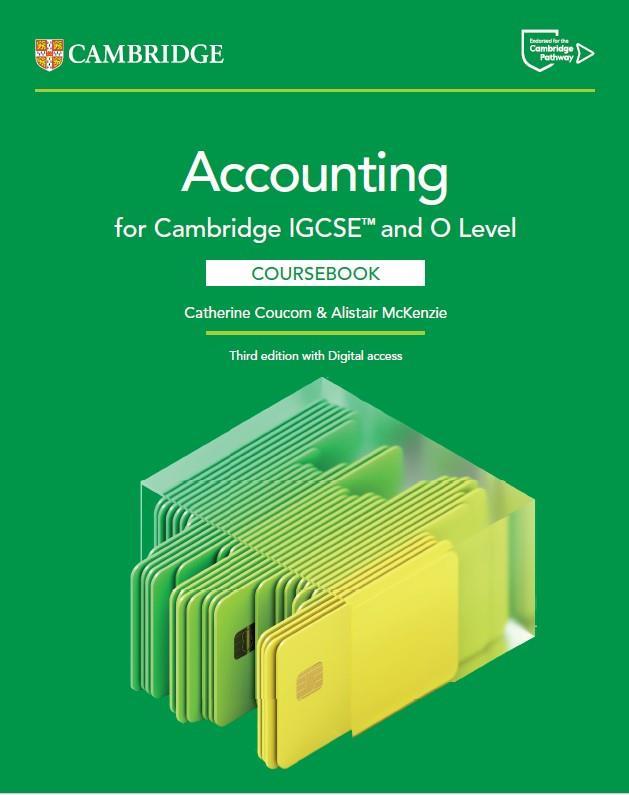
Pub date: 17th April 2025

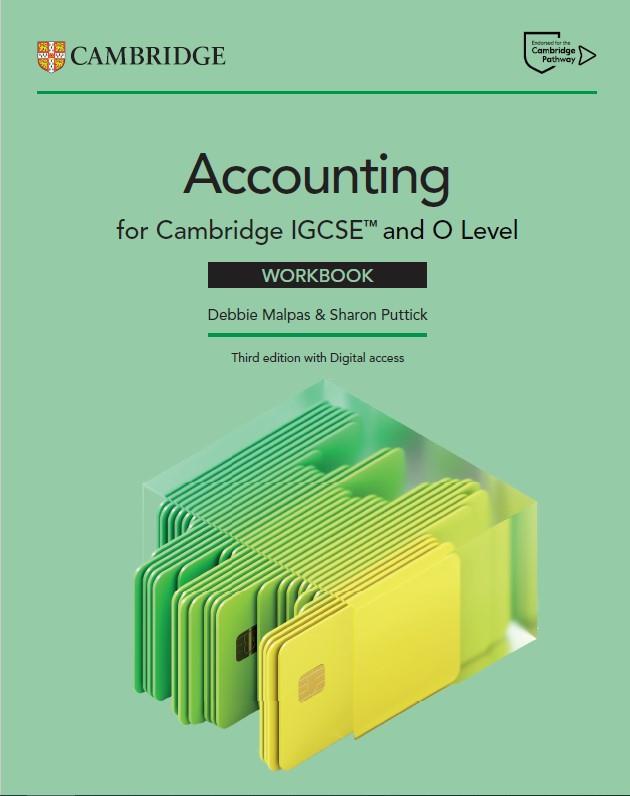
Pub date: 16th June 2025
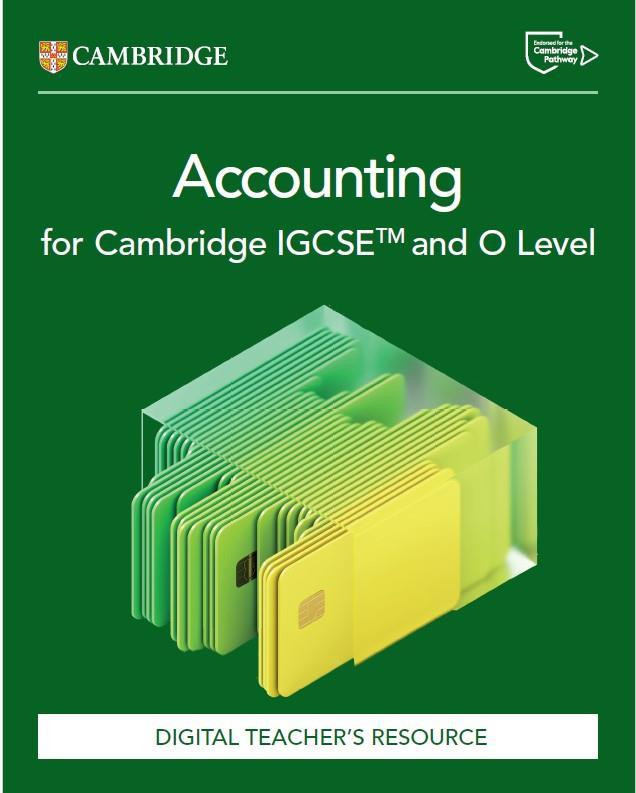
Pub date: 21st January 2026
Sharon Elan-Puttick

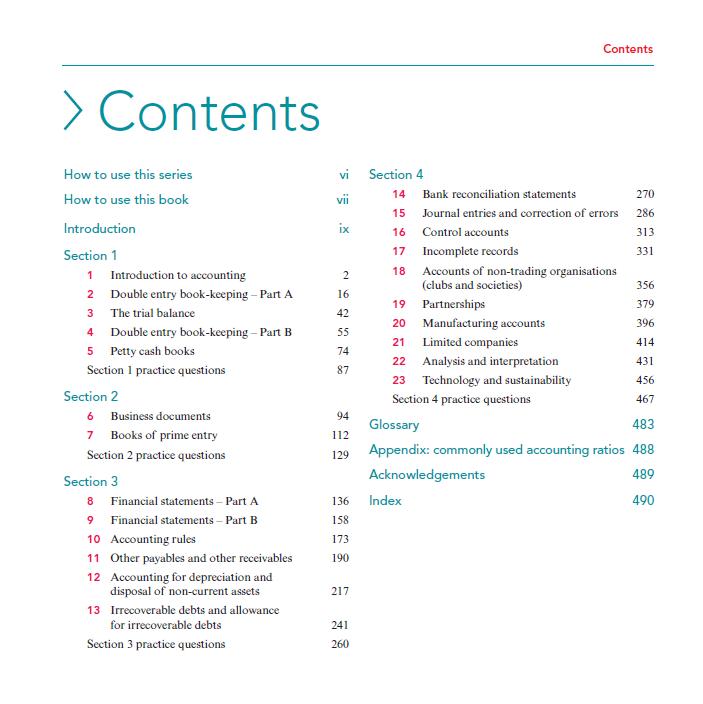

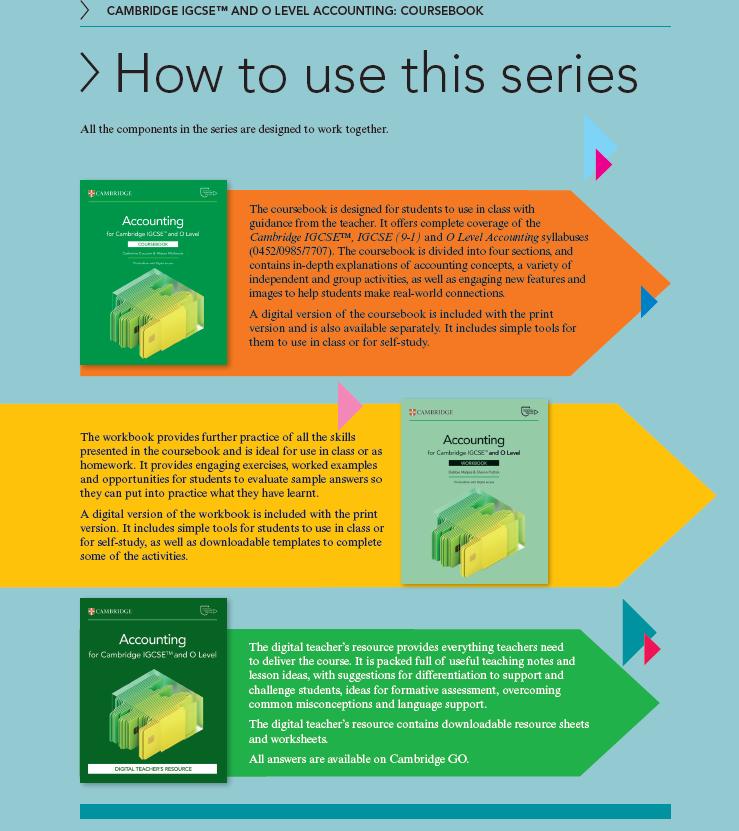

Fully updated to align to the updated syllabus
Fully endorsed
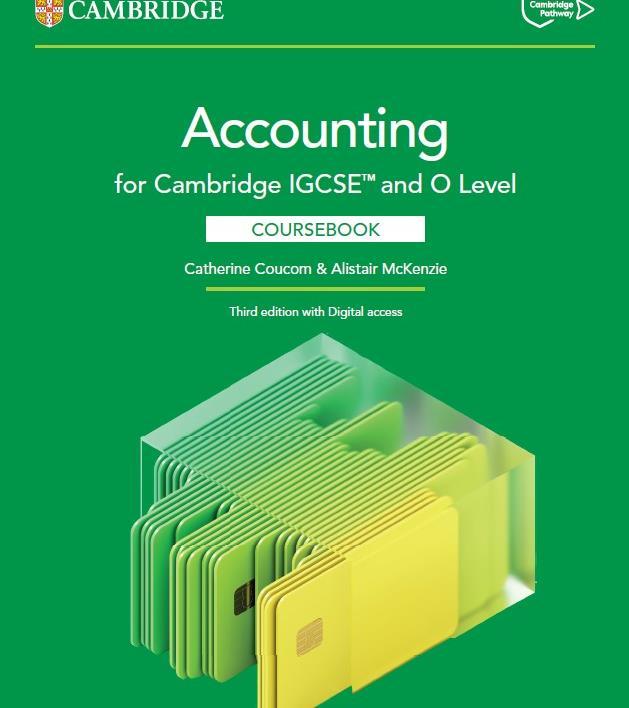


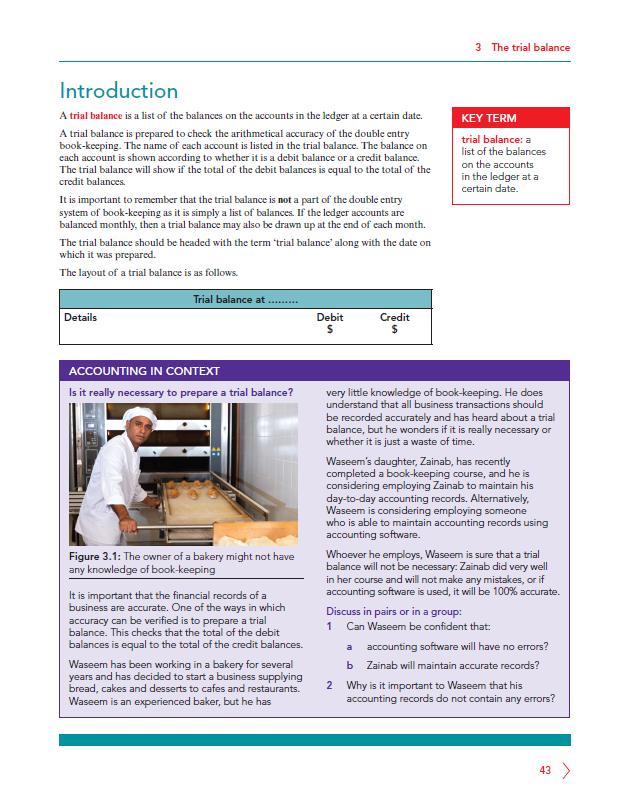

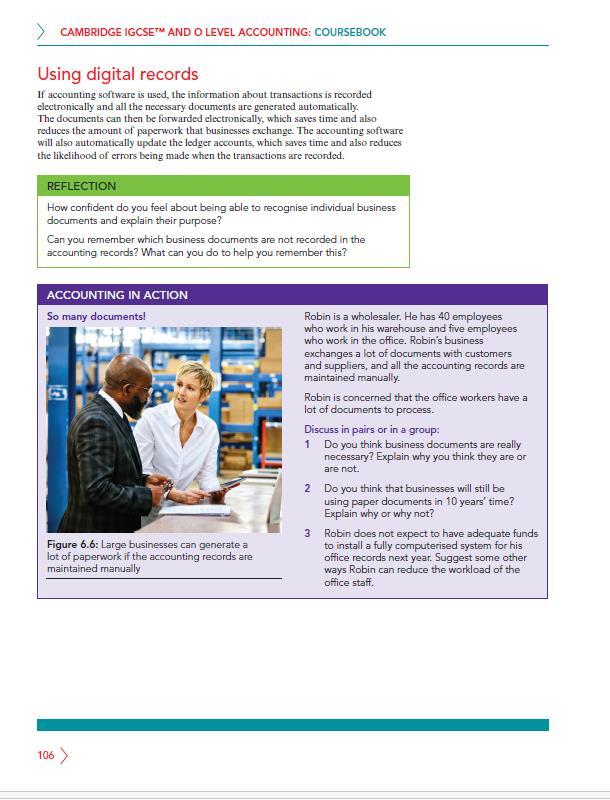


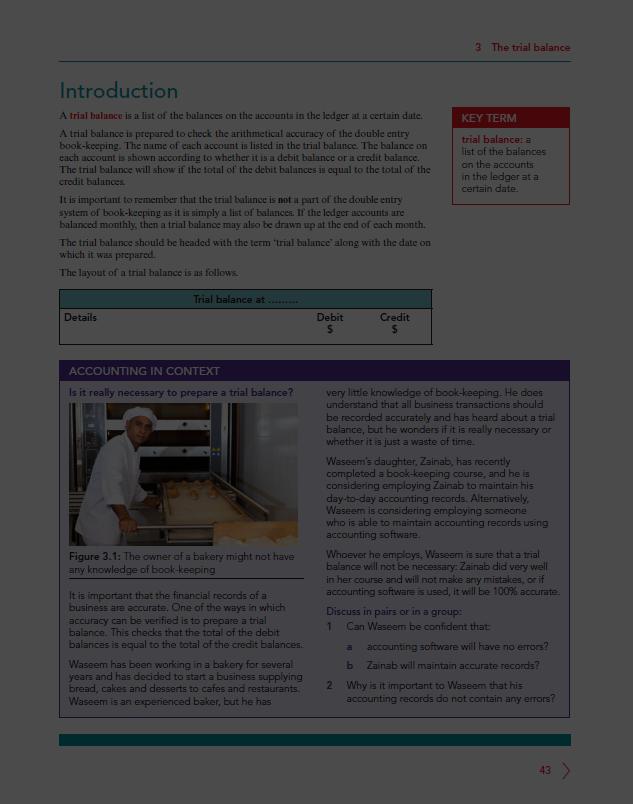
Accounting in Context

Introduce students to the content in the chapter
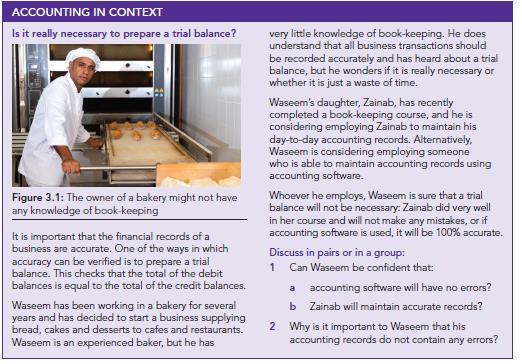
Contains questions to allow for group discussion
They place some of the key ideas from the chapter into a real-world business setting

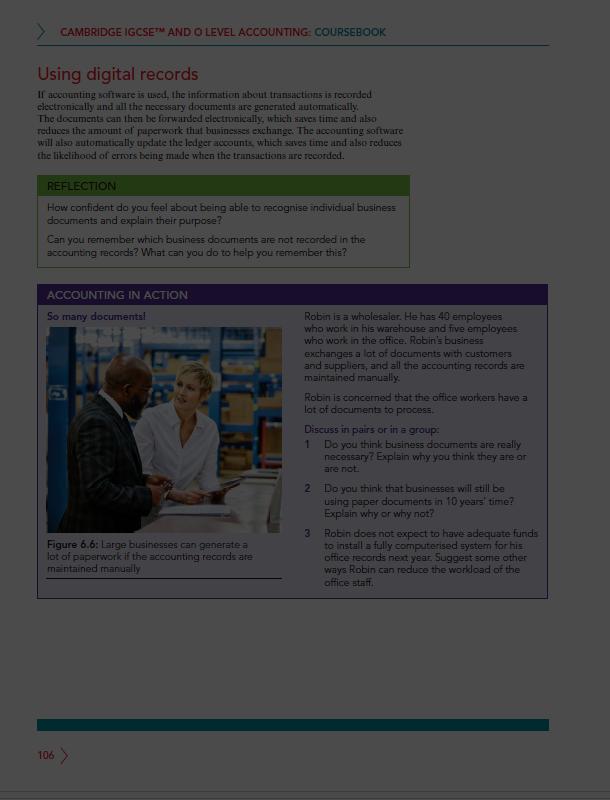

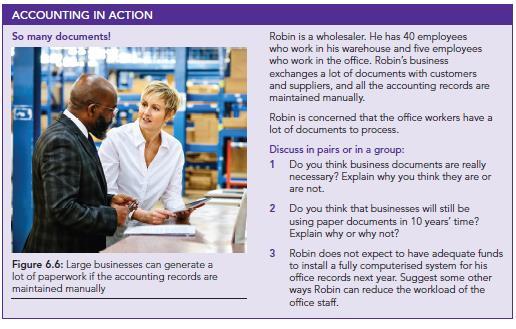

The progressive nature of the activities will build students’ confidence as they work through the chapters.
Encourages student engagement – activities require thought and discussion

A range of open-ended questions which enables students to gain a better understanding of accounting in the real world

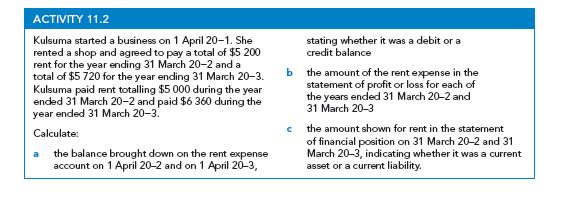









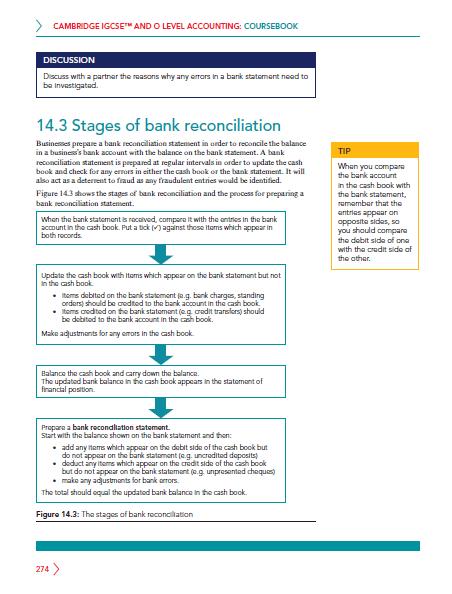

Allows

Practice questions become more complex as students progress with knowledge required from earlier sections in the book included
Opportunity for students to practice their knowledge, skills and understanding in a range of practice questions
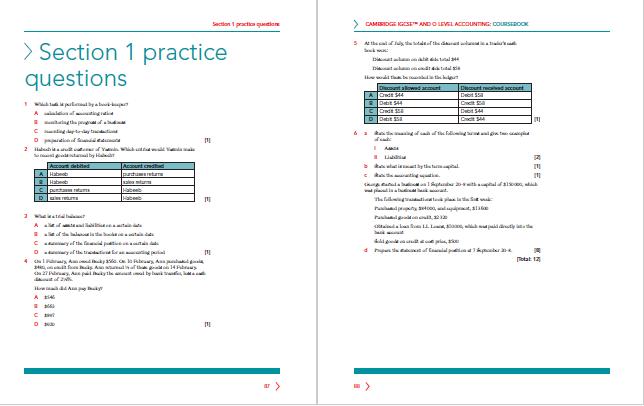


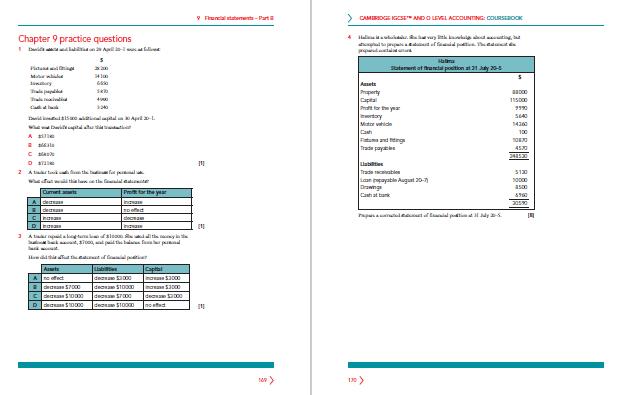

Learning Intentions help students to navigate through the coursebook
Summary brings together the key information students have learnt – can be used as a revision aid
Check your Progress, can support students to reflect on their own learning, and links back to the Learning Intentions



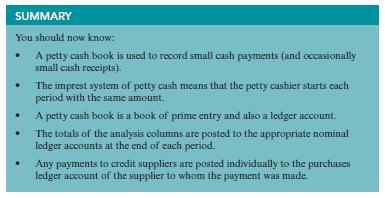
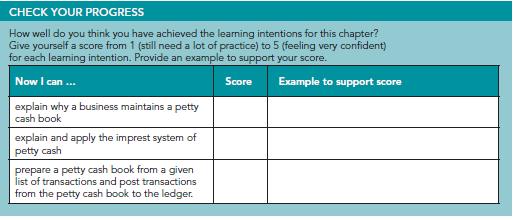


students’ metacognitive skills


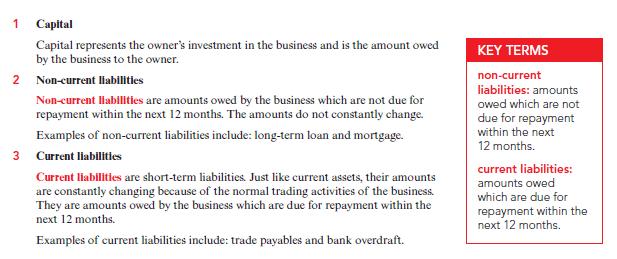

Supports students with English as an Additional Language

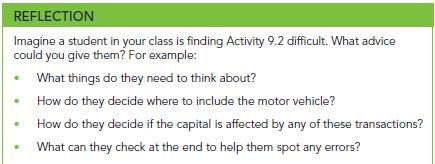

Walks through the steps involved in completing an activity and Helps students to understand what a successful answer looks like.
Provides support in developing the key skills that are needed for Accounting
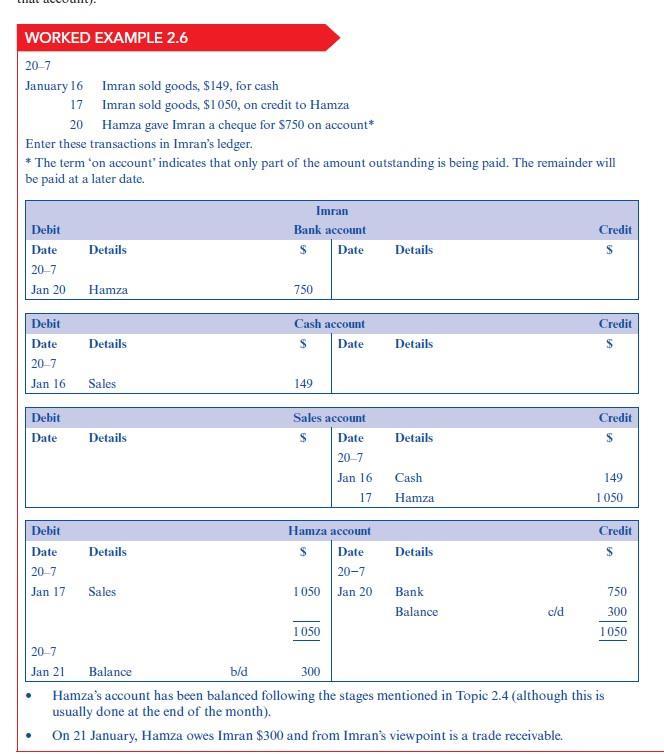


Fully updated to align to the updated syllabus
Digital access
Practice Questions
Scaffolded skills support
Downloadable templates


Learning Intentions help students to navigate through the workbook
Tips offer additional guidance and advice.
Key Terms provide a reminder of the key terms that you need to recall for each chapter topic.
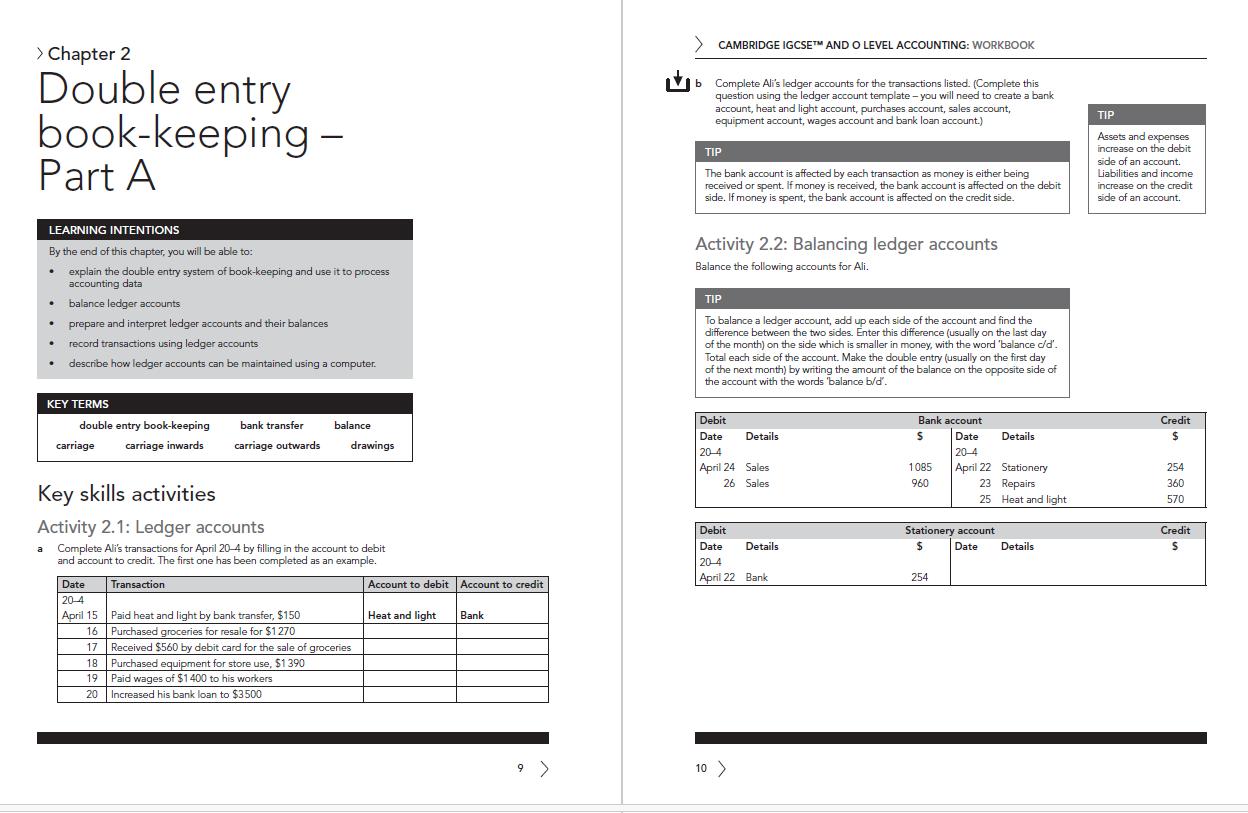


Scaffolded to support progression through the course

A range of tasks to help students consolidate, practice and reinforce their knowledge and understanding of accounting practice.
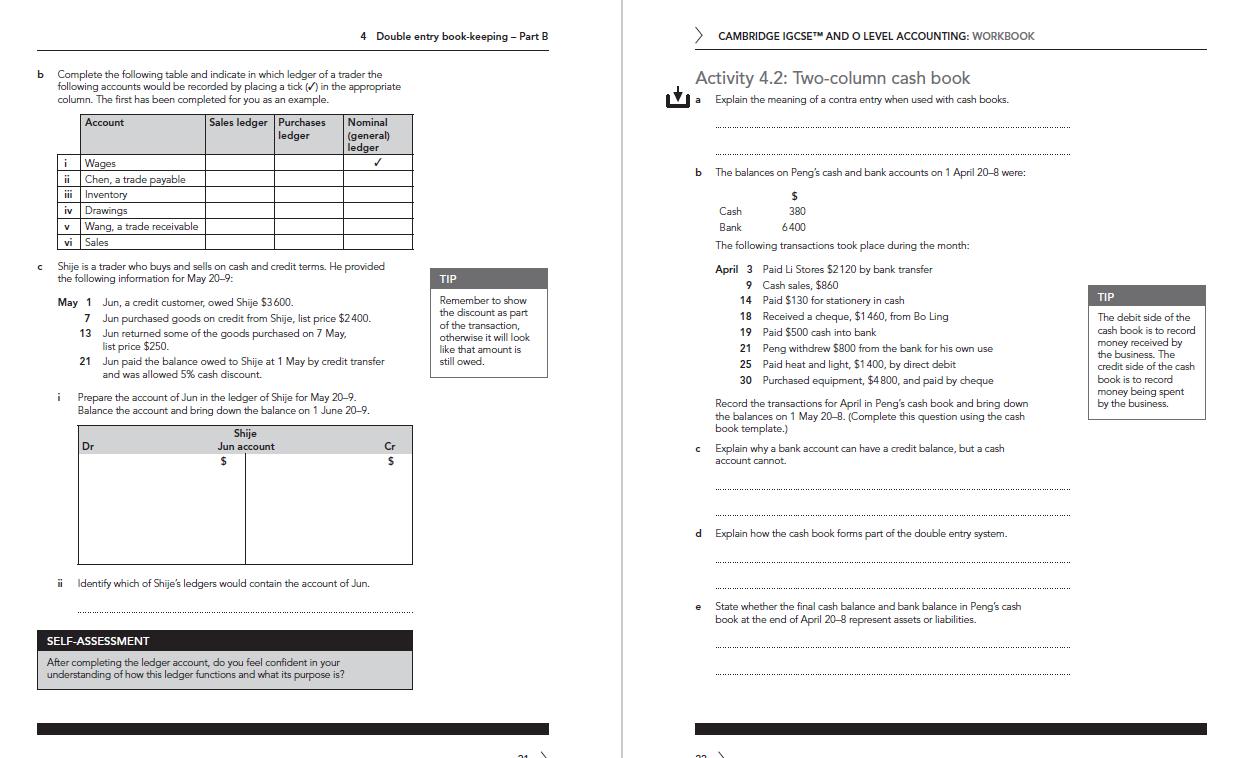



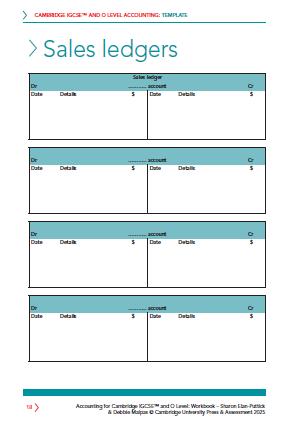

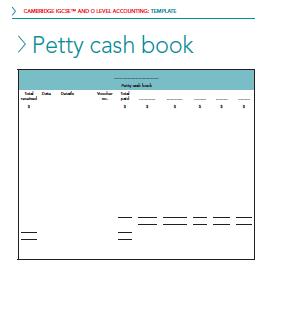


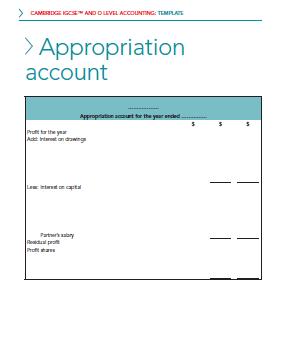


Provide students with a sample answers to help understand how to respond to questions using key skills. Advice and guidance are provided to help you assess the answer.
An opportunity to evaluate a sample answer to a question.
More demanding practice questions provide students with an opportunity to try out further questions on what you have learnt in each section
Opportunity to apply advice for student’s own answer





Fully updated to align to the updated syllabus
Downloadable worksheets
Access to the digital coursebook and digital workbook


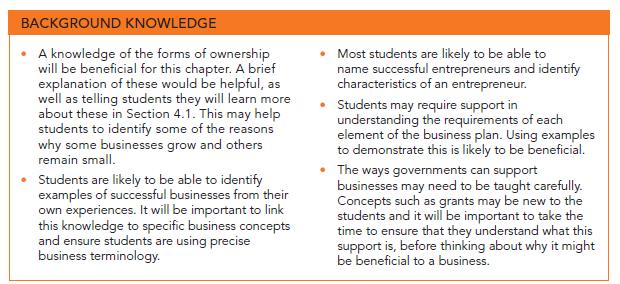

Explains the prior knowledge required to access the chapter and gives suggestions for addressing any gaps in students’ knowledge

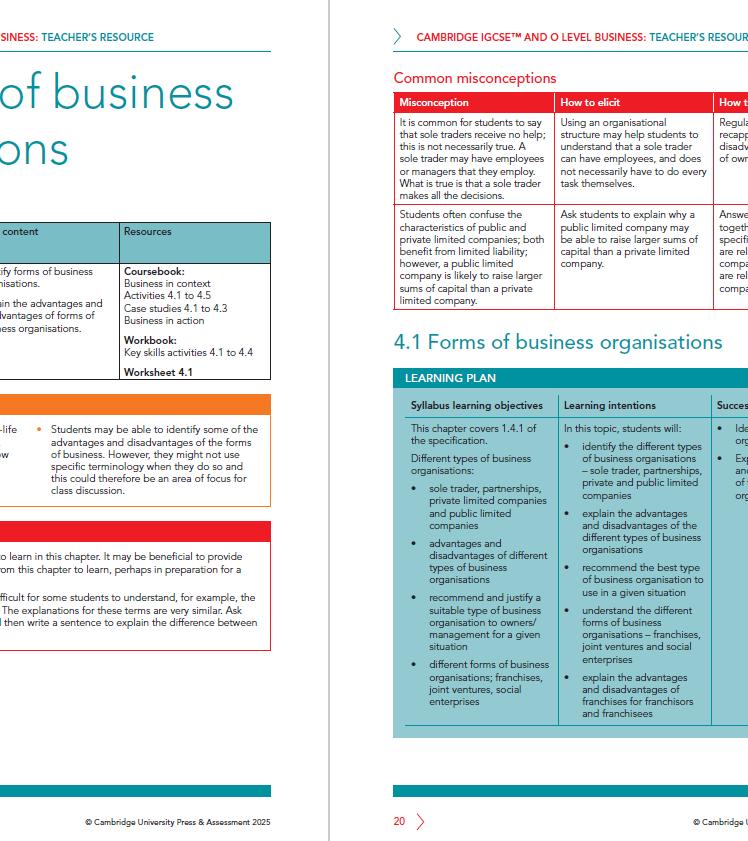

Provides suggestions for eliciting evidence of misconceptions
Provides suggestions on how to overcome them
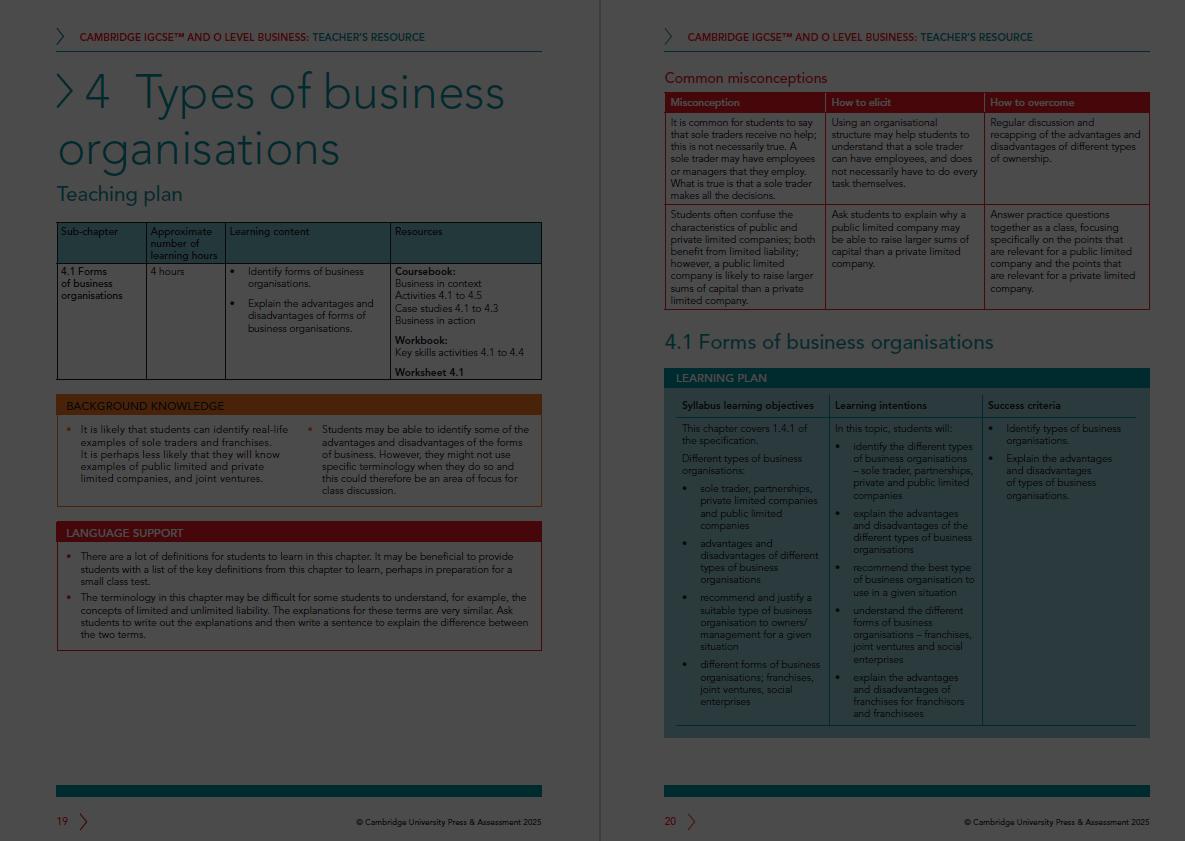


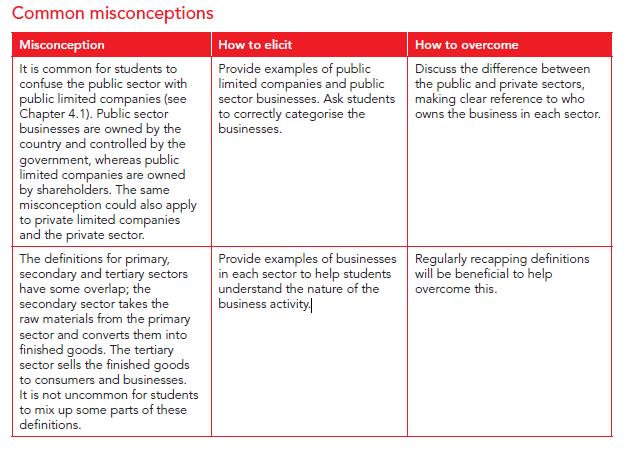


Contains suggestions on how to support students, especially those with English as an Additional Language.




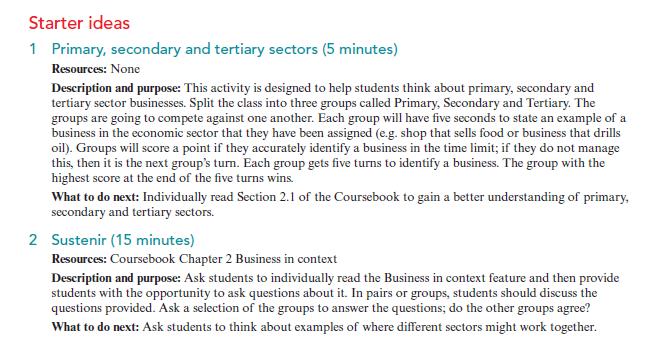


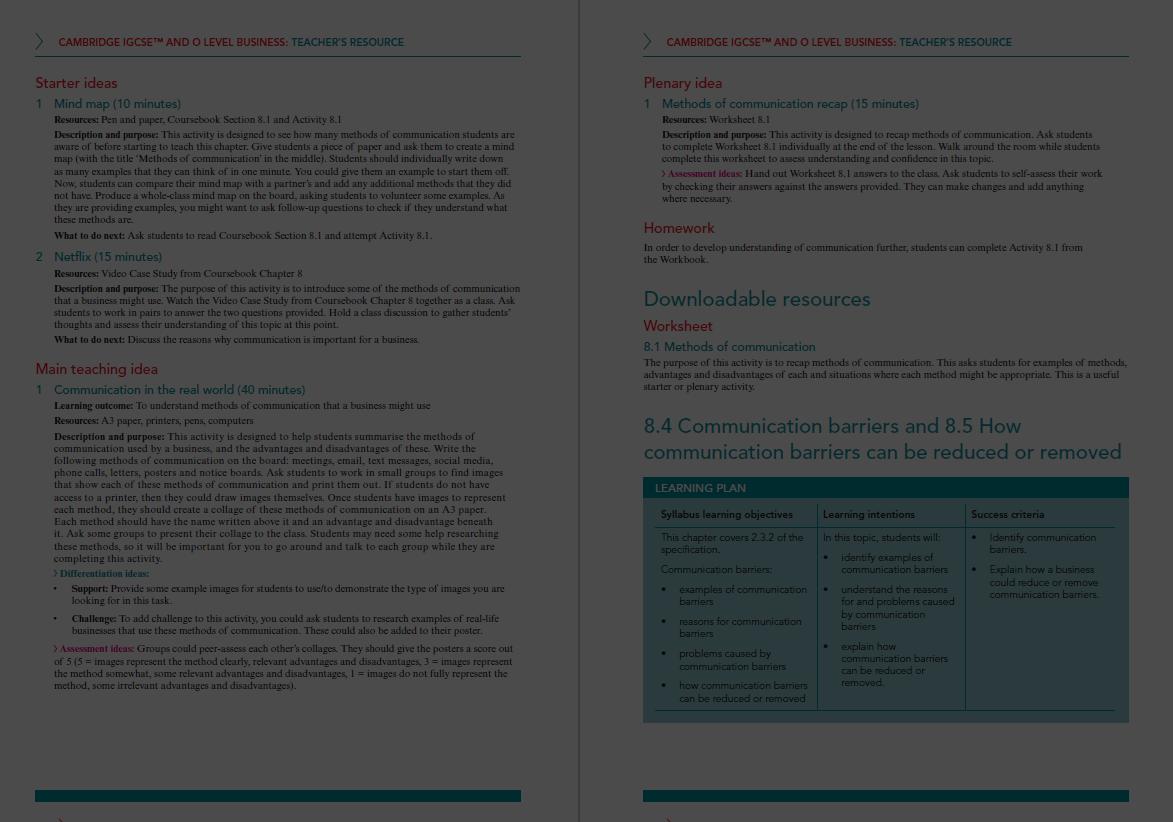



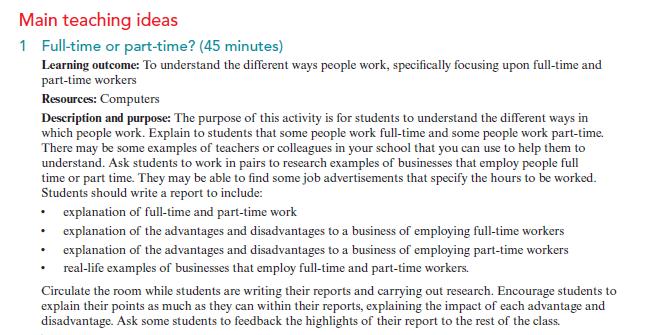

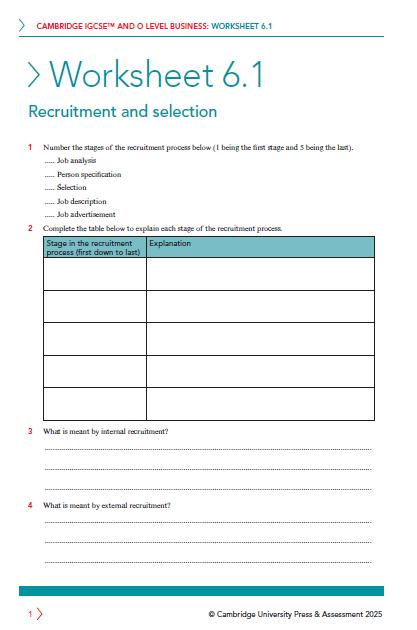







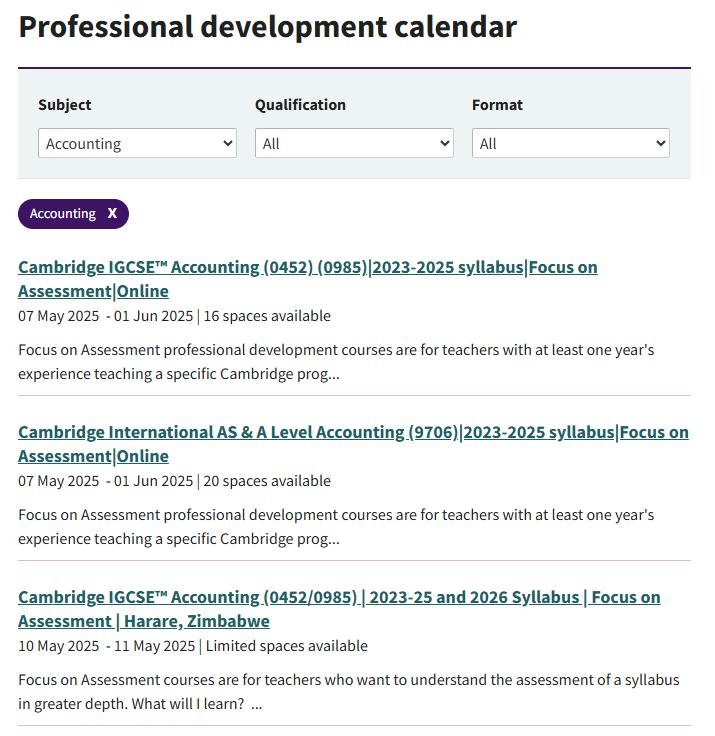
Introduction courses – Introduce teachers to Cambridge programmes. Recommended for teachers who are new to Cambridge or to a specific qualification.
Marking workshops – Engage with recent candidate responses to build confidence in their understanding of the assessment criteria. Recommended for teachers with at least one year's experience teaching Cambridge programmes.
Focus on Assessment – Engage with our syllabuses in greater depth and build confidence in your delivery.
Recommended for teachers with at least one year's experience teaching Cambridge programmes.
Focus on Teaching – For teachers who want to explore a specific area of teaching and learning within the syllabus.




cambridge.org/internationaleducation